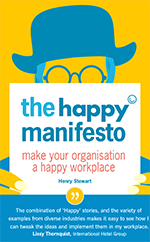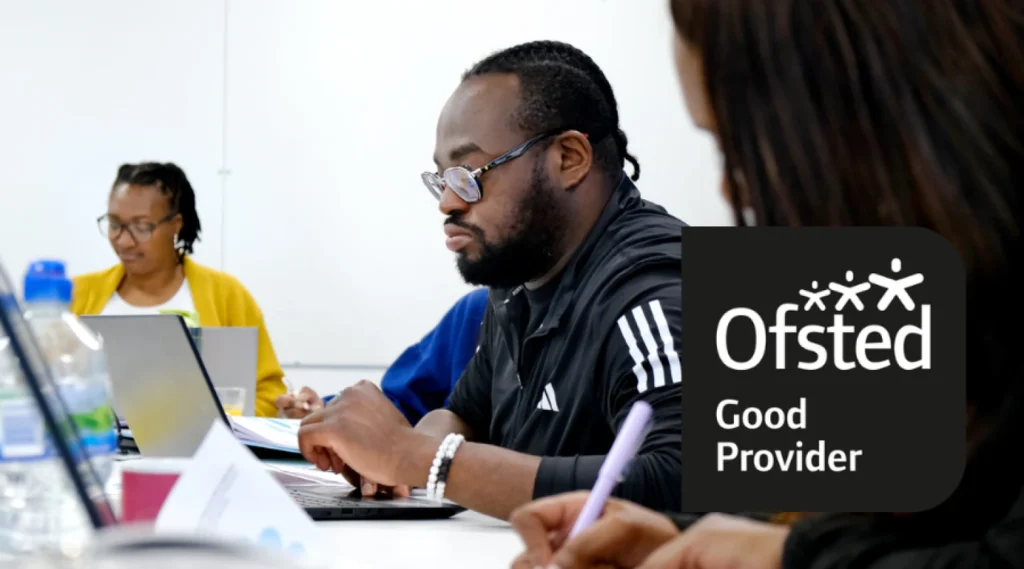In fact, come to think of it, it’s a pretty good principle for management – and for life generally.
Those six words sum up an awful lot. It means literally that most of your time in training should be spent asking questions. These can be simple open, guided questions that lead somebody to quickly find the answer. So in IT training, ask “which button on the toolbar looks like it could apply bullets?” instead of telling your students which button to press on, or they can be questions about how they will apply this feature in their own documents. Questions get people actively thinking.
Or they can be questions that provoke deeper thinking. One of my favourites, in our leadership training, is to ask how management would be different in an organisation if the key purpose was seen as making people feel good about themselves. I try to get people to step aside from whether it should be the key purpose and simply to think about what would be different if it was.
Try it. What would be different in your organisation? For many people, the answer to the question is so attractive that it makes them consider that maybe it should be the key purpose!
And the same is true online in webinars. Don’t bore people to death by telling them what to do in step-by-step instructions. In online seminars, as in the classroom, ask questions and provoke thinking – this is how we run our Live Online Interactive Learning sessions at Happy.
At the same time, these six words also make clear that questions don’t always work. If you can’t ask (possibly because you need to explain a new topic or feature that they won’t be aware of) then you tell. You explain as clearly and as briefly as possible what your students need to understand. But you still ask questions wherever you can.
This is, of course, not new. It was 2,500 years ago that Socrates used questions to challenge and provoke people into thinking in new ways. He discovered that great truth, that you can rarely persuade anybody of anything by telling them – however strong your argument. But you can often provoke a change of outlook by asking a well-pitched question.
So if you are a trainer, how would your training be different if you never told when you could ask? If you are a manager, where could you encourage changes in behaviour with questions? And generally, in life, where could a well-timed question have as much or more effect than a detailed argument?
Related blogs
- 6 Tips for Giving and Receiving Constructive Feedback — Giving and receiving feedback is vital if you don’t want your workplace to become stagnant. Here are some tips that can help you.
- 4 Tips for Being Assertive Not Aggressive —
Whilst it’s important that you feel empowered to make your voice heard but it’s equally important to not tip over into aggressive behaviours. We have some great tips here to be assertive, not aggressive. - 3 Ways to Improve Your Active Listening Skills — Listening is a lot more than just hearing what’s being said. This blog goes through three ways that you can become a better listener.




